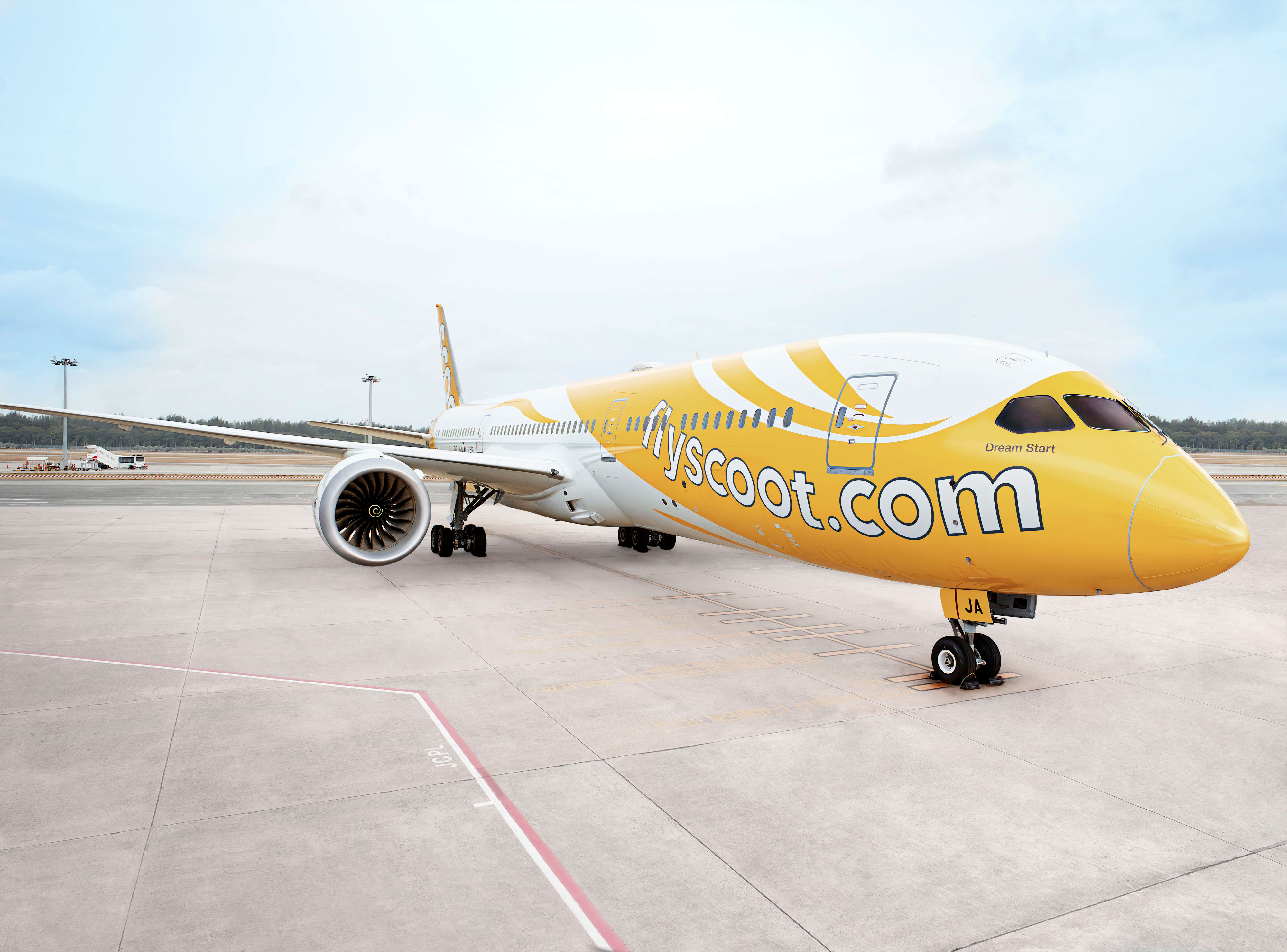Their primary objectives have long focused on sustainability and environmentally friendly travel. As one of the largest users of green electricity, Deutsche Bahn has been operating electrically powered ICE and IC/EC trains with 100% green electricity since 2018.
Due to the increased focus on sustainability in Germany, Deutsche Bahn is one of the world’s front-runners in air-to-rail passenger transportation.
As a result of climate change objectives and the high taxation of domestic flights within Germany, airlines have been urged to reevaluate their short-haul and sustainability strategies, making intermodal collaboration more advantageous.
Airlines can maintain their competitiveness and support an environmentally friendly strategy while also reducing the carbon footprint of their passengers by working with Deutsche Bahn.
“Intermodal connections are very important to us. We want to enable joint offers with our partners to provide passengers with a seamless and hassle-free experience when combining modes of transport, in our case especially the air-to-rail or rail-to-air mode. A carbon neutral journey to and from the airport is our general aim for the customer, and for that we need to give the travellers an alternative offer to shorthaul domestic flights within Germany.”
A NEW WAY OF INTERMODAL TICKETING, POWERED BY DOHOP

In 2021, Deutsche Bahn and easyJet joined forces to offer air-to-rail connectivity. With the help of Dohop’s API-based solution, Deutsche Bahn can sell combined air and rail services, including scheduled services, seat maps, ancillaries, and more in a single booking process, to and from all 5.600 German railway stations.
“We started this innovative partnership between ourselves, easyJet and Dohop 2 years ago, right in the pandemic. This is the newest intermodal cooperation model we have in place. It’s fully dynamic, it’s scaleable, it’s theoretically available from all our 5600 railway stations, so it’s a state of the art solution, no GDS involved which makes the cost side very interesting especially for low-cost carriers. We are very happy with the solution and we are looking forward to continue to offer it to passengers.”
The Dohop-powered solution differs from the traditional interline agreements that have been powering a similar partnership between Deutsche Bahn and Lufthansa for years.
It is PSS agnostic which means that any airline, including legacy and low-cost carriers, can be connected without the need for an interline or codesharing agreement, with the added convenience of a streamlined booking process and increased accessibility to locations throughout Germany for the benefit of passengers.
The benefits for airlines are also significant. In addition to giving their customers more flexibility and a more personalized travel experience, airlines benefit from expanding their reach in catchment areas near airports.
So, two of Dohop’s most forward-thinking airline partners have started intermodal partnerships with the German rail operator: easyJet and Spanish low-cost carrier Vueling.
“There is strong demand for intermodal and that’s why we are creating more and more offers for our partners and international airlines to enlarge their catchment areas and to fill up their flights with passengers from all over Germany, and of course we are looking for new target groups and new customers who are considering continuing their journey by train.”
Deutsche Bahn has noted several benefits from operating the intermodal solution offered by Dohop. Dohop’s solution makes use of the Deutsche Bahn API, making it viable, affordable, and easy to integrate.
Using already-existing sales logic from Deutsche Bahn and easyJet, the partnership was facilitated without the need for new standards. Additionally, the scalability can accommodate all stations, connections, upsells, and intricate multi-stop connections. No additional resources are needed from Deutsche Bahn or easyJet as the mandatory Dohop connection service handles all irregular cases in the event of delays and cancellations.
The collaboration was made possible without the need for lengthy traditional interlining or codesharing agreements.
The vision for the future is clear and flexibility is a big part of it.
“I believe we will see fully dynamic intermodal offers in the future, with more than two modes of transport, especially the first or last mile, available on all existing and new sales channels, and of course the passenger must be aware of it through a digital solution.”


.png)


